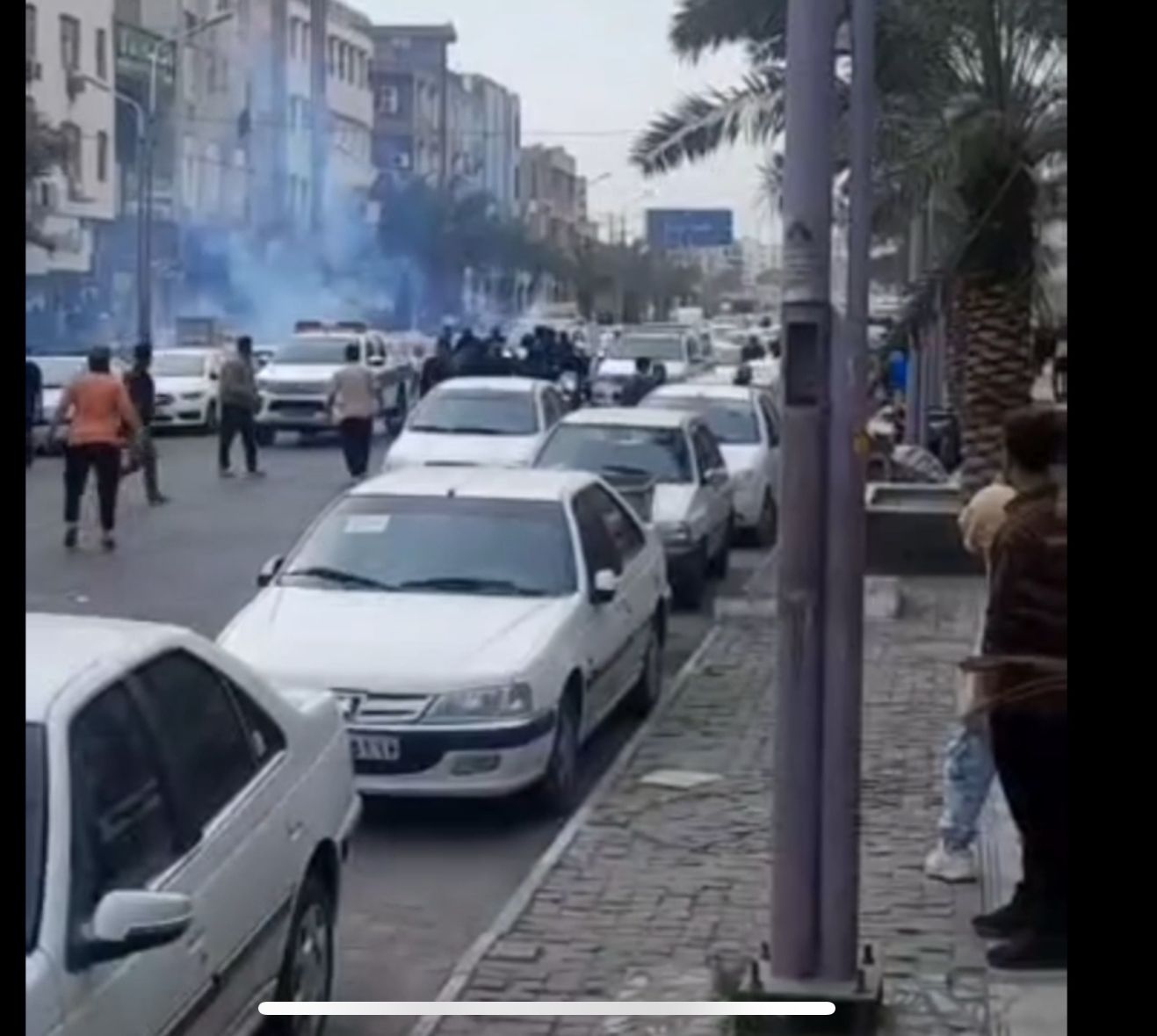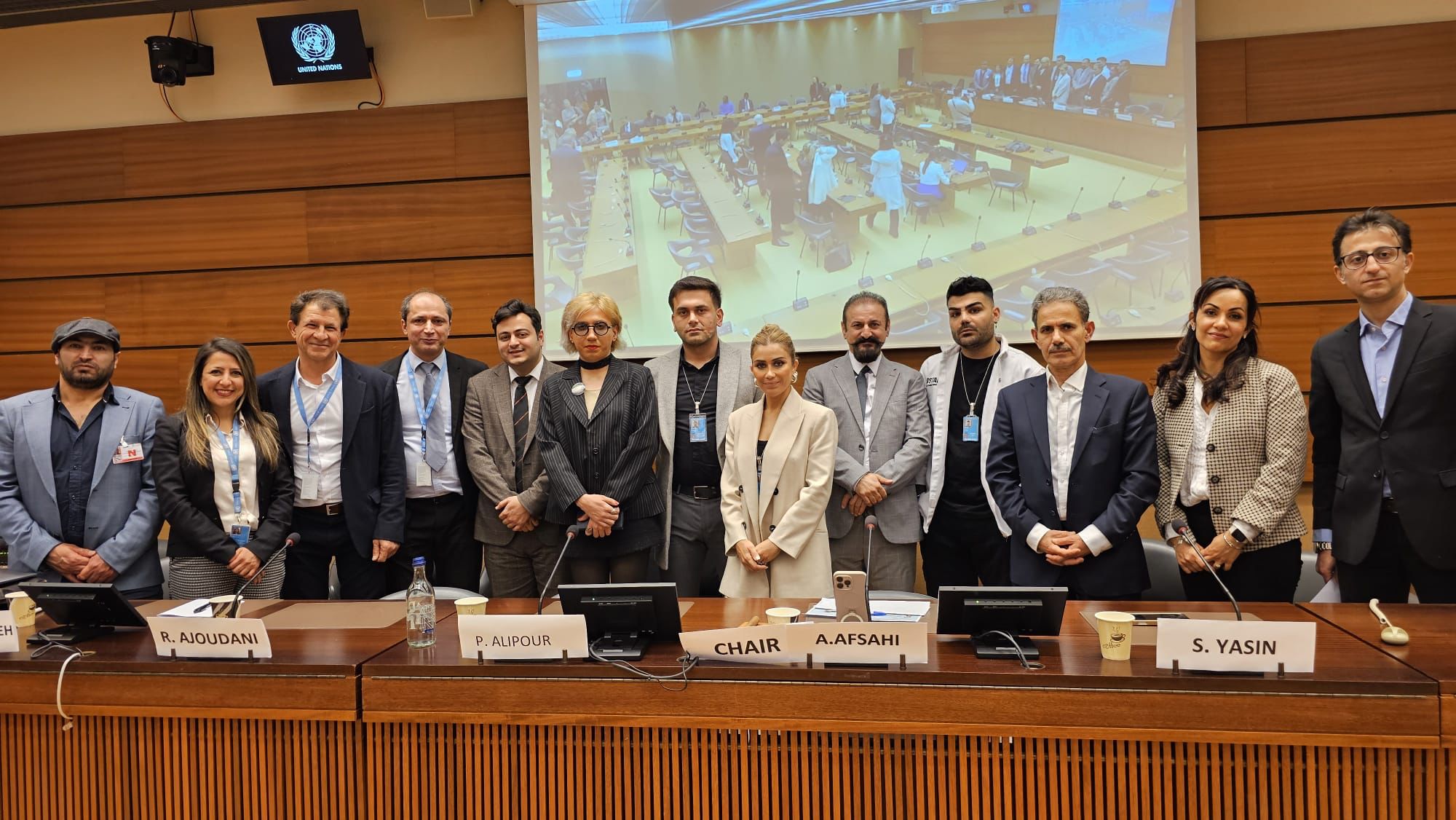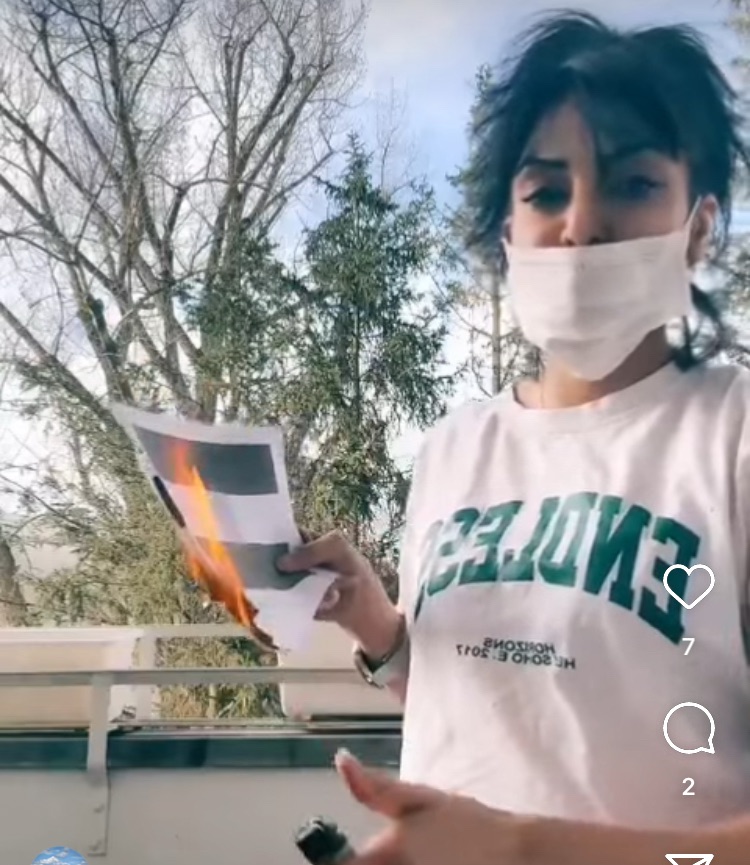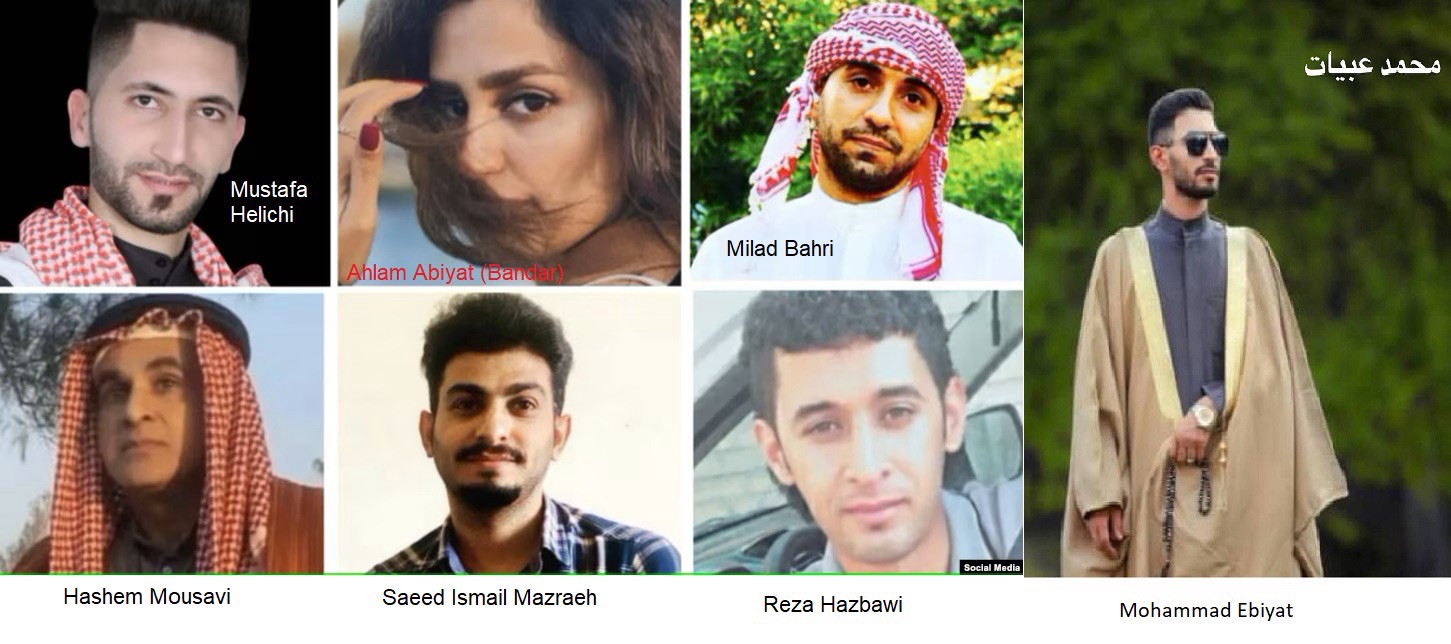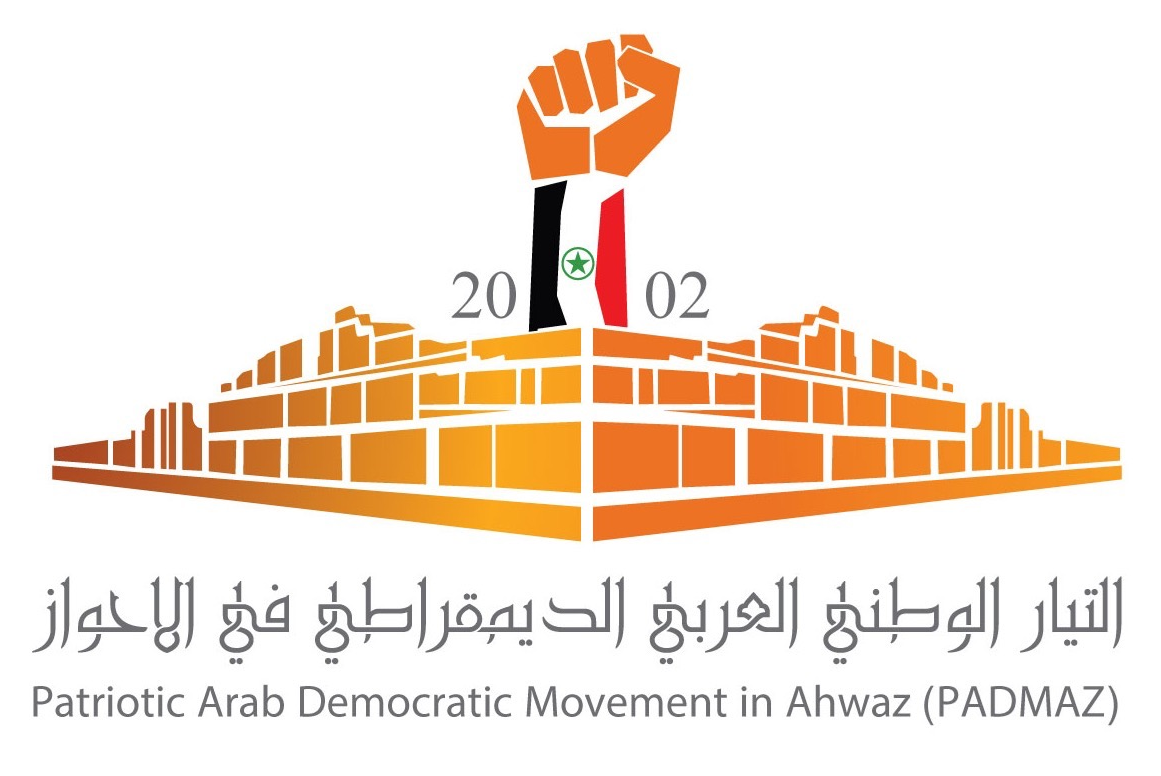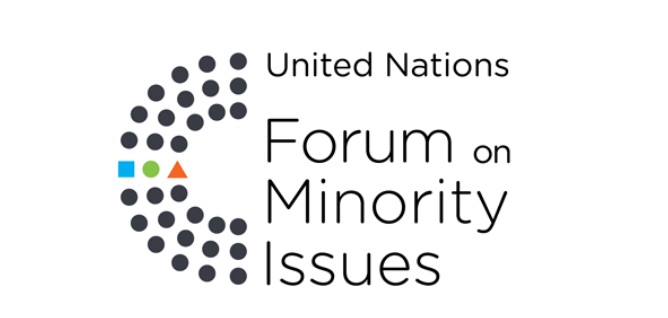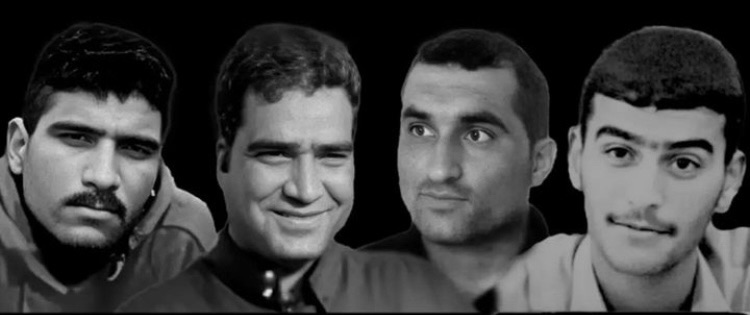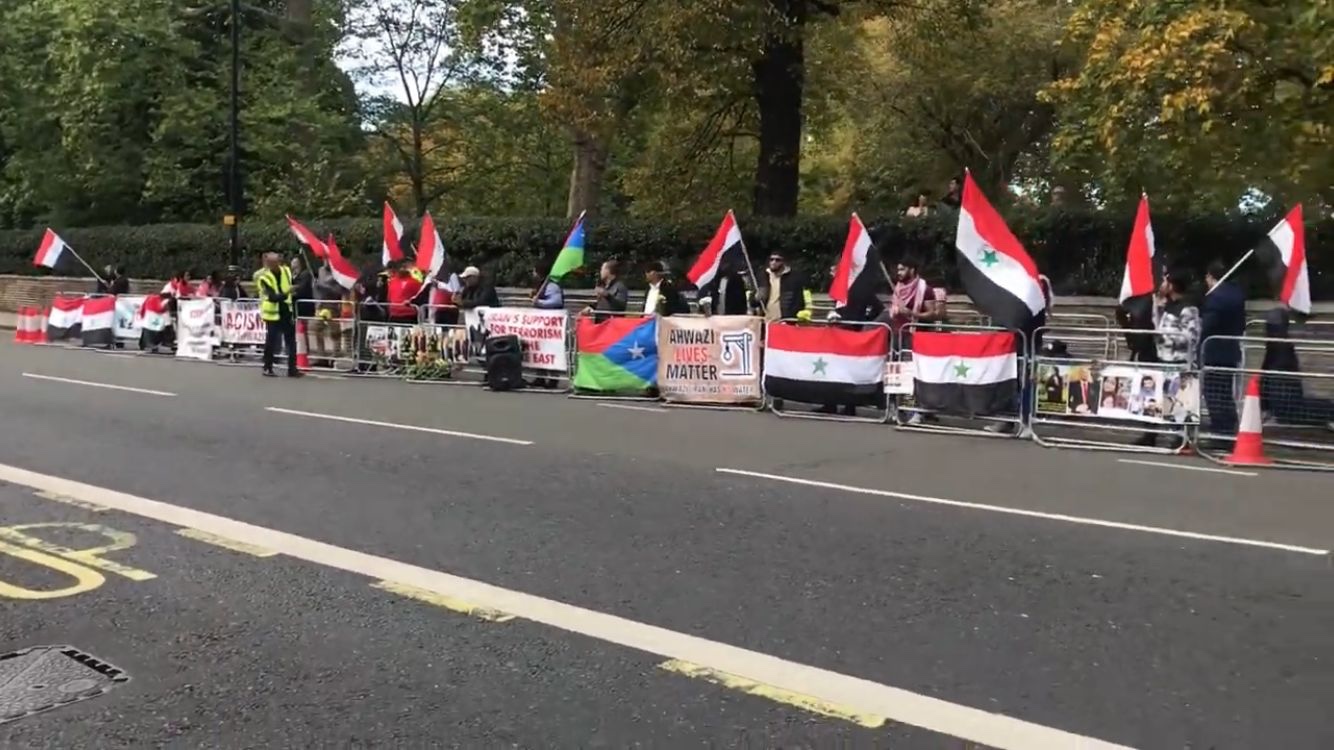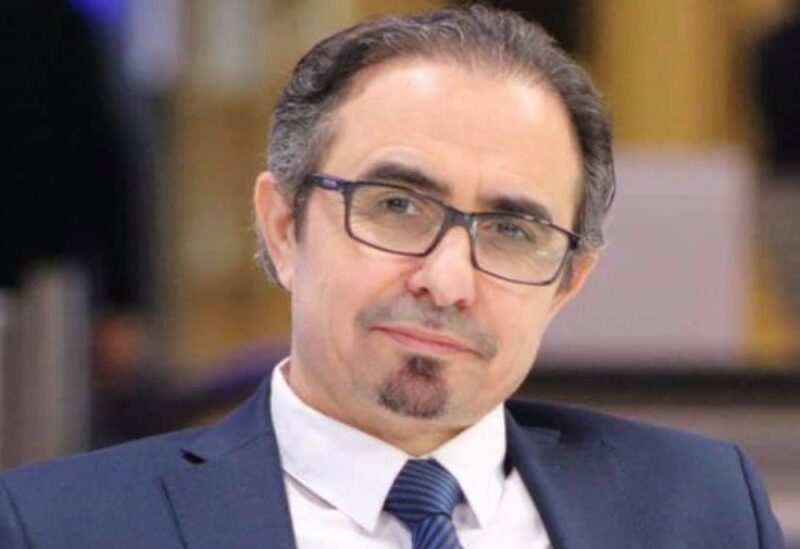Mass Arrests in Ahwaz
In recent days, the Iranian authorities have intensified its oppressive measures against the Ahwazi Arab. Security forces have launched a widespread campaign of arbitrary arrests targeting cultural, civil, and media activists, as well as poets, in cities including Ahwaz, Fallahiyeh (referred to by authorities as Shadegan), Khalafieh (Ramshir), Toster (Shushtar), Mohammareh (Khorramshahr), and Khafajiyeh (Susangerd). This crackdown has resulted in the detention of approximately more than 30 individuals.

According to human rights sources, from first of Jan to 8th of January 2025, over 100 individuals have been summoned to the Intelligence Headquarters of the Islamic Revolutionary Guard Corps (IRGC) and the Ministry of Intelligence in Ahwaz. These individuals, primarily engaged in cultural, literary, and environmental activities, have been subjected to interrogations and threats. Their online discussions have focused on regional issues such as unemployment and environmental concerns.
Notable arrests include:
• Saeed Ismail, a prominent Arab writer and researcher, detained on 6th January 2025, in Ahwaz; his personal belongings, including his phone and computer, were confiscated.
• Milad Bahri, an Arab social activist and photographer, arrested on 7th January 2025, at his residence in Fallahiyeh.
• Ms. Ahlam Bandar (Abiyat), an Arab cultural and civil activist, detained on the same day in Ahwaz.
Additionally, reports indicate the arrest of three siblings —Khaled, Ali, and Mohammad Amouri—in Khalafieh. Khaled reportedly resisted the security forces, resulting in severe beatings and subsequent transfer with broken limbs.
On 6th January 2025, Mohammad Shkheiti Pour (Abiyat), 32, residing in Hay al-Thawra (Alawi neighborhood) of Ahwaz, was arrested by intelligence agents. Despite previous detentions due to his civil activities and an existing case in the Revolutionary Court, no verdict has been issued against him to date.
On the same day, Saeed Doraqi, 38, from the Borwal area of Ahwaz, was also detained by intelligence forces. Currently, there is no information regarding the whereabouts of these two Arab activists.
The list of detainees, identified alphabetically, includes:
- Ms. Ahlam Abiyat (Bandar)
- Ahmad Jalali
- Ahmad Khaledi
- Ali Amouri
- Ali Karoushat
- Ali Sawari
- Ali Sawari (son of Jabbar)
- Ayoub Gheibi Pour
- Ayoub Tarafi
- Fouad Mousavi
- Hashem Mousavi
- Hossein Saeedi
- Jawad Afari
- Jawad Heidari
- Khaled Amouri
- Mansour Jasemi
- Milad Bahri
- Mohammad Amouri
- Mohammad Ayashi
- Mohammad Naseri
- Mohammad Shkheiti Pour (Abiyat)
- Reza Heidari
- Reza Zaheiri
- Sadegh Mansouri
- Saeed Dorqi
- Saeed Fallahi
- Saeed Ismail Mazraeh
- Yasin Silavi
- Younes Gharbawi
- Yousef Saeedi
These arbitrary detentions, conducted without specific charges, constitute clear violations of human rights and contradict Iran’s international obligations. Article 9 of the International Covenant on Civil and Political Rights (ICCPR), to which Iran is a party, stipulates that everyone has the right to liberty and security of person and should not be subjected to arbitrary arrest or detention. Furthermore, Article 19 of the ICCPR guarantees the right to freedom of expression, including the freedom to seek, receive, and impart information and ideas of all kinds, regardless of frontiers.
The Ahwazi Arab has long endured systemic discrimination and repression under the Iranian regime. Their cultural and linguistic rights are frequently suppressed; for instance, the use of the Arabic language is often restricted in educational and official settings. Economic marginalization is prevalent, with the Ahwazi regions suffering from high levels of poverty, unemployment, and environmental degradation, partly due to the diversion of local resources to other provinces. Political activism among Ahwazi Arabs is met with harsh reprisals, including arbitrary arrests, torture, and even execution. The disproportionate use of the death penalty against the ethnonationals epitomizes the entrenched discrimination and repression they face.
This recent wave of arrests occurs amid Iran’s ongoing crises in the Middle East. Analysts suggest that the regime aims to intimidate the Ahwazi Arab population to pre-empt any form of dissent or demand for rights. However, historical patterns indicate that such oppressive have not led to a reduction in discontent; rather, they have intensified tensions and popular protests.

